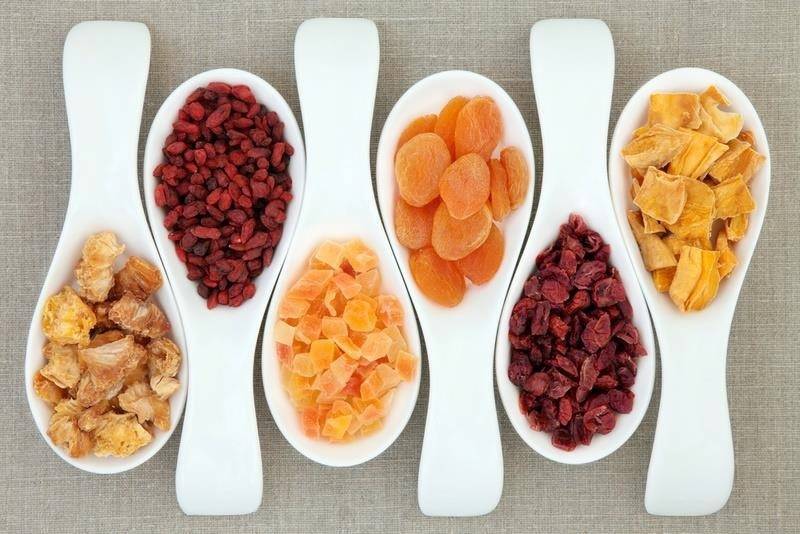Dried Fruits: Their Benefits and Drawbacks
Dried fruits are foods rich in nutrients, containing significant amounts of fiber, vitamins, and minerals. They also serve as a good source of antioxidants, which have numerous health benefits, such as improving heart health and boosting immunity.
Benefits of Dried Fruits
- High in fiber, which helps regulate bowel movements and reduces the risk of constipation.
- Rich in antioxidants, which protect cells from damage.
- Provide significant amounts of vitamins and minerals, such as vitamin A, vitamin C, vitamin K, potassium, and magnesium.
- Offer a quick energy source, as they contain high levels of natural sugars.

Drawbacks of Dried Fruits
- High in sugar content, which can lead to weight gain and an increased risk of certain diseases like type 2 diabetes.
- High in calorie content, which can contribute to weight gain if consumed in large quantities.
- May contain harmful preservatives, such as sulfites.
Tips for Consuming Dried Fruits Healthily
- Consume them in small quantities, as one serving of dried fruits is approximately 30 grams.
- Read the nutrition label carefully to avoid dried fruits that contain added sugar or preservatives.
- Choose dried fruits that are brown or gray in color, as these are less likely to contain preservatives.
- Store them in a cool, dry place to prevent spoilage.

Are Dried Fruits Good or Bad?
The answer to this question depends on how they are consumed. When consumed in small quantities, dried fruits can be a healthy and nutritious snack. However, if consumed in large quantities, they can lead to health issues such as weight gain and an increased risk of certain diseases.
Summary
- Dried fruits contain many health benefits, including their high content of fiber, antioxidants, vitamins, and minerals.
- However, they are also high in sugar and calories, so they should be consumed in small quantities, and varieties without added sugar or preservatives should be preferred.


